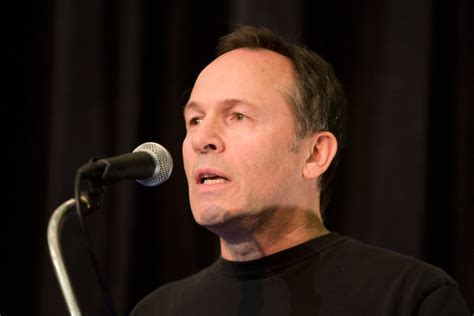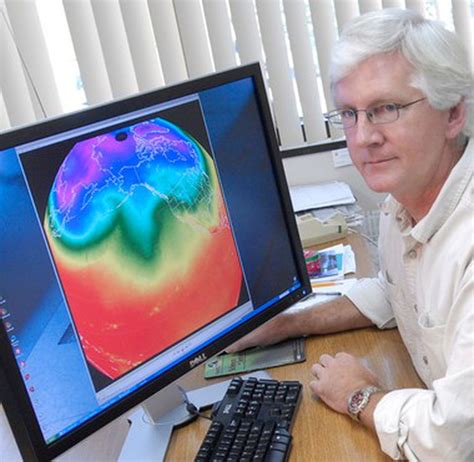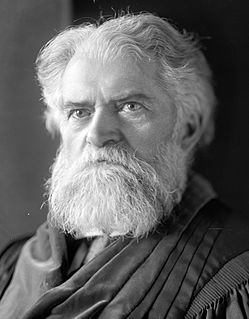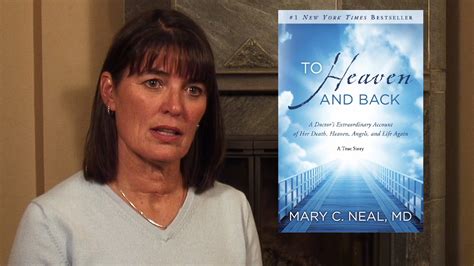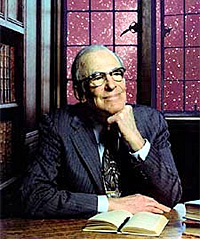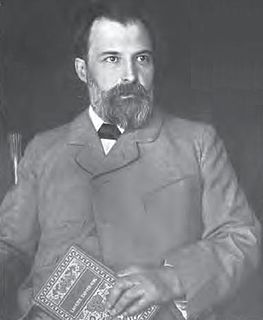A Quote by Jose Padilha
Measurements, observations, descriptions can only be considered scientific when they are independently confirmed by other people.
Related Quotes
All scientists should be skeptics. The reason why is that, even with the best of scientific measurements, we can come up with all kinds of explanations of what those measurements mean in terms of cause and effect, and yet most of those explanations are wrong. It's really easy to be wrong in science ... it's really hard to be right.
Evidence-based reasoning underpins all scientific thinking, and it involves testing hypotheses or theories against data. Validating a theory requires replicable measurements from independent groups with different equipment and methods of analysis. Convergence of evidence is critical to the acceptance of a scientific idea.
I feel as though I am trying to describe a three-dimensional experience while living in a two-dimension world. The appropriate words, descriptions, and concepts don't even exist in our current language. I have subsequently read the accounts of other people's near-death experiences and their portrayals of heaven and I am able to see the same limitations in their descriptions and vocabulary that I see in my own.
Astronomy may be revolutionized more than any other field of science by observations from above the atmosphere. Study of the planets, the Sun, the stars, and the rarified matter in space should all be profoundly influenced by measurements from balloons, rockets, probes and satellites. ... In a new adventure of discovery no one can foretell what will be found, and it is probably safe to predict that the most important new discovery that will be made with flying telescopes will be quite unexpected and unforeseen.
The truth us that other systems of geometry are possible, yet after all, these other systems are not spaces but other methods of space measurements. There is one space only, though we may conceive of many different manifolds, which are contrivances or ideal constructions invented for the purpose of determining space.

